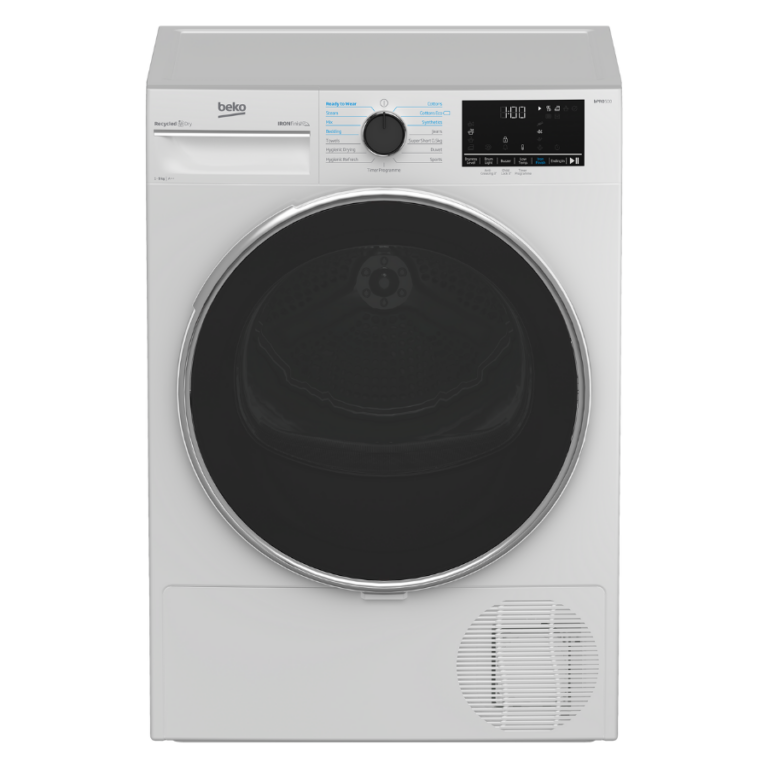Labor Shortages: Impact on Retail Operations
Retail businesses face numerous challenges in today’s competitive market. One of the primary difficulties is the ever-changing consumer preferences and trends. Staying ahead of the curve and constantly adapting to meet customers’ demands can be a daunting task for retailers.
Another major challenge is the rise of online shopping and e-commerce platforms. With the convenience of online shopping, many consumers are choosing the digital route over traditional brick-and-mortar stores. This shift in consumer behavior has forced retail businesses to rethink their strategies and find innovative ways to attract customers to their physical stores.
Effects of labor shortages on customer service
Labor shortages have become a pervasive issue affecting the retail industry, leading to a noticeable decline in customer service quality. With fewer staff available to assist customers, there is a notable increase in wait times and decreased levels of personalized attention. This could result in frustrated customers who may choose to take their business elsewhere, impacting the overall reputation and bottom line of the retail business.
Moreover, labor shortages can also lead to staff burnout as employees are required to take on additional responsibilities to compensate for the lack of manpower. This can result in decreased morale, higher turnover rates, and ultimately have a negative impact on the customer service experience. Inadequate staffing levels can also limit the flexibility of the workforce, making it challenging to adapt to fluctuating customer demands efficiently.
Strategies for recruiting and retaining employees
Retail businesses are constantly in search of effective strategies to recruit and retain employees in today’s competitive job market. One of the key tactics to attract top talent is to offer competitive wages and benefits that align with industry standards. Employees are more likely to commit to a company that values their work and compensates them accordingly.
In addition to competitive compensation packages, creating a positive work culture is essential for retaining employees over the long term. Providing opportunities for growth and development through training programs and career advancement can boost employee morale and loyalty. Retail businesses that prioritize employee well-being and job satisfaction are more likely to retain their staff and reduce turnover rates.
What are some common challenges faced by retail businesses when it comes to recruiting and retaining employees?
Some common challenges include high turnover rates, competition with other employers for talent, and the need to provide competitive wages and benefits.
How do labor shortages affect customer service in retail businesses?
Labor shortages can lead to longer wait times, decreased employee availability, and reduced quality of customer service as overworked staff may struggle to keep up with customer demands.
What are some effective strategies for recruiting and retaining employees in the retail industry?
Some strategies include offering competitive wages and benefits, providing opportunities for career advancement, creating a positive work environment, implementing flexible scheduling options, and offering training and development programs.







